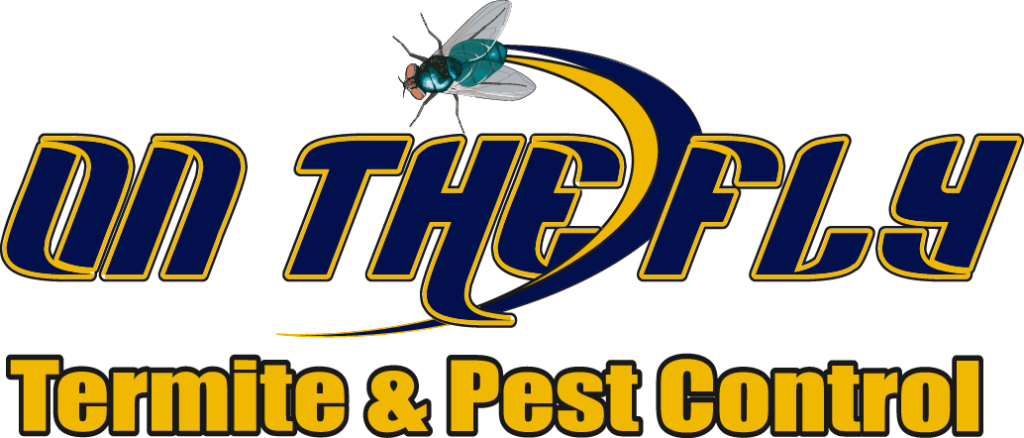With the revival of the construction industry, more pests are moving around and looking for food, shelter, and water. If you are not careful and do not have the right knowledge, you can become a victim of pests like rats, mice, spiders, termites, bed bugs, cockroaches, etc. So it makes sense to try and keep them at bay, right?
If you’ve ever had a pest problem in your home, you know how bad they can be. Pest control is one of the best ways to help protect your home from invaders and keep your family healthy. If you aren’t sure how to start, or you are starting a new home, here’s a brief guide on the do’s and don’ts of pest control.
Do: Prevention measures
First, you want to remove any food sources around your home. Then, seal cracks or other entrances into the home. Some pests can fly, so it’s best to make sure your windows and doors are in tip-top shape. Once you are certain the pests won’t be entering your home, then you want to check that they won’t be able to reproduce or nest if they do enter. Keep your home clean and not only will you be comfortable, but you’ll also be able to enjoy the time you spend in your home and not have to worry about infestations!
The best way to try and prevent pests from entering your home is to try to seal off all the cracks in the home. Rats, mice, and raccoons can all enter through little holes in your home! So, it’s important to look everywhere you can see for a crack and seal it off. You can even look for holes in the ground where you keep electrical boxes or pipes and seal them off too! By sealing off as many holes as you can, you’ll be much more likely to keep pests out of your home and make sure your family and pets are safe! Plus, you’ll save money by not having to buy a lot of expensive pesticides!
Do: Apply pesticides and chemicals correctly.
Pesticides are used for a variety of reasons. They are used to get rid of pests and diseases but should be treated with caution. They can have adverse effects on people, animals, and plants if not used correctly. Make sure the area where you are spraying is dry and the wind is minimal when applying them. Make sure you are not directly spraying them into your mouth or on your skin. If you do get pesticide on your skin or in your eyes, immediately wash with water and call your doctor. Pesticide should only be used for short amounts of time, and you should follow the instructions exactly for the best results.
It’s best to hire a professional to handle this for you though. Not only are they experienced, but they are also well equipped with what you’ll need to get the job done. They will come into your home, apply the chemicals, and get rid of the pests for good without causing any long-term problems for you, your family, and your pets.
Do: Proper disposal of pesticide containers
Used pesticide containers can be dangerous. Do not dispose of them in the regular trash. Instead, it’s best to contaminate them before disposing to ensure they do not pose a threat to the environment. This is a very simple, yet effective practice that anyone can do. By following these simple steps, you can be sure you’re protecting the land and environment around you.
To dispose of pesticide containers correctly, put the containers into an air-tight bag. You can then put the bag into a trash bag. Do NOT leave the pesticide containers in plain sight. While pesticides have been proven to be very effective in killing pests, they are also very toxic to humans and animals. To prevent any unnecessary deaths in your community, make sure to properly dispose of your pesticide containers.
Don’t: Do not use pesticides and chemicals in places that you are not allowed to.
Make sure you do not use outdoor pest control chemicals indoors. It’s important to make sure you’re in a safe place before you use any type of chemicals with instructions. Make sure you’re using the safest products for the health of you and your family.
When you’re experiencing problems with household pests, you might be tempted to look for a quick fix. That’s fine in some instances, but not others. Before using a chemical to tackle a pest problem, you need to make sure you’re using the safest product for the health of you and your family. Furthermore, you only want to use that product in the right places, otherwise, you might be wasting time and money. Just as important, you need to make sure you’re in a safe place before you use any type of chemicals. For your health and the environment, it’s better to take a long-term approach to pest solutions. You’ll save money and increase the likelihood of a long-lasting solution.
Don’t: Do not use chemicals in large quantities. Follow label instructions.
Much like most medications, pesticides are not meant to be taken in large quantities. You’ll want to follow the instructions on the label so you’re using the pesticide in the right manner. Two sprays are not twice as effective. If you need to spray twice to cover a certain area, it’s likely that the pesticide will lose its effectiveness after the first spray and not work as well as you had hoped. This is because the pesticide is designed to bond to the desired target. You want to focus on hitting the target, not spraying a huge area to get more coverage. For those who have a large area to keep free from pests, you’ll need to mix the pesticide accordingly!
Always read the instructions thoroughly before using pesticides or chemicals. They usually have specific amounts that are required. If you use more than the recommended amount, not only will it not work as effectively, but it can be harmful to yourself and the environment.
If you have pests and need to get rid of them, you should call the professionals at On The Fly Palm Desert! With our knowledge and expertise, we can take care of your pest problems. We’re proud to be voted as the best exterminator in the Palm Desert area. No matter what the problem is or how bad the infestation is, you can count on the experts at On The Fly to handle it in a timely and safe manner! From termites and bed bugs to spiders and ants, we can solve the problems that pests bring to your home. Call us now and take control!


